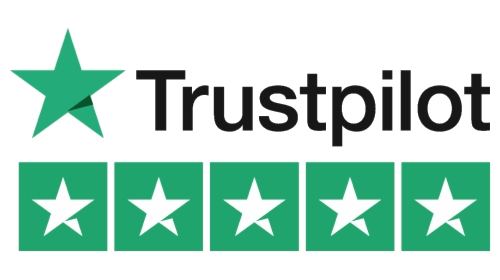Starting or expanding a small business requires access to capital. While many turn to financial institutions for traditional bank loans have long been a common choice for business financing, alternative funding options have gained popularity due to their flexibility and accessibility. This article will explore the top 5 alternative business funding options that small business owners can consider to meet their financial needs.
Get Funded Now
Merchant Cash Advances (MCAs)
Merchant Cash Advances, often abbreviated as MCAs, are a type of alternative financing designed to provide fast access to working capital. MCAs are particularly advantageous for small business owners who may not qualify for loans due to lower credit scores or other eligibility factors.
MCAs are not a loan, rather they involve selling a share of your future revenue to a funder in exchange for a lump sum of cash upfront. They offer the benefit of flexibility in repayment*, which aligns with your business’s cash flow so if revenue dips, so does your payment.
Another benefit, is while MCA funders work with established businesses, you don’t need years under your belt to be approved. Funders like The LCF Group require only 3-4 months of business bank statements so as long as you have a few months under your belt, you can apply. They’ll also look at your annual revenue in the approval process, but again, the qualifying number can go as low as $6K per month.
Crowdfunding
For true start ups that have not established any revenue yet, crowdfunding may be a better option. It has gained traction as a viable alternative funding option for startups and small businesses. Platforms like Kickstarter, Indiegogo, and GoFundMe allow entrepreneurs to raise capital by presenting their business ideas or projects to a broader audience.
With crowdfunding, you create a campaign showcasing your business or product and set a funding goal. Individuals (or “backers”) can contribute funds to your campaign in exchange for rewards or equity, depending on the platform. Promoting your crowdfunding idea via social media provides an excellent opportunity to engage with your target audience and validate your business idea, while securing the necessary capital to bring it to life.
Invoice Financing and Factoring
For businesses that deal with invoicing and accounts receivable, invoice financing and factoring can be a financing option. These alternatives allow you to access the cash tied up in unpaid invoices quickly.
Invoice financing involves using unpaid invoices as collateral to secure a loan or line of credit. The funder advances you a percentage of the invoice value, and you repay when your customers settle their invoices.
Invoice factoring, on the other hand, involves selling your unpaid invoices to a factoring company at a discount. The factoring company takes over the responsibility of collecting the invoice payments, and you receive an immediate lump sum payment, minus their fees.
Peer-to-Peer Lending
Peer-to-peer (P2P) lending platforms have emerged as an alternative to traditional bank loans for business lending. These platforms connect borrowers directly with individual investors willing to lend money.
Small business owners can create a compelling profile and pitch their financing needs to a network of potential lenders. But it’s important to understand that rates and terms vary by platform.
Angel Investors
Angel investors are individuals or groups who provide capital to startups and small businesses in exchange for equity ownership or convertible debt. Unlike traditional lenders, angel investors often have an interest in the success of your business and can provide valuable mentorship and connections.
Finding the right angel investor requires networking and presenting a compelling business plan and pitch. While angel investors can provide substantial funding, it’s crucial to carefully consider the terms of the investment and how it will impact your ownership and decision-making in the company.
Comparison of Alternative Financing Options
When choosing the best financing option for your business, consider factors like factor or interest rates, repayment terms, eligibility requirements, and your business’s specific needs. Here are a few questions you may want to ask as you consider each option:
Do I need real estate collateral to get funding?
Will I have daily, weekly, or monthly payments?
Will funders provide small business financing if I have bad credit?
Conclusion
There are various types of financing for small business owners beyond traditional financing, alternative funding sources provide valuable opportunities to secure the capital needed to grow and thrive. Carefully evaluate which financing options aligns best with your business goals, cash flow requirements, and credit profile.
Merchant Cash Advances (MCAs) offer quick access to capital for businesses with lower credit scores and a streamlined application process, while crowdfunding engages with a broader audience and provides a platform for business validation. Invoice financing and factoring help unlock cash from unpaid invoices, and peer-to-peer lending may offer potentially lower interest rates. Angel investors bring substantial funding and valuable mentorship, but may require relinquishing equity or control.
Ultimately, the best financing option for your business will depend on your specific circumstances, business needs, and long-term goals. By exploring these alternative funding options, small business owners can find the right financial solution to support their entrepreneurial journey and achieve success.
*Repayment in this context describes the process of repurchasing a merchant cash advance. It does not describe the process of repaying a loan. MCAs are legally distinct from loan products.






